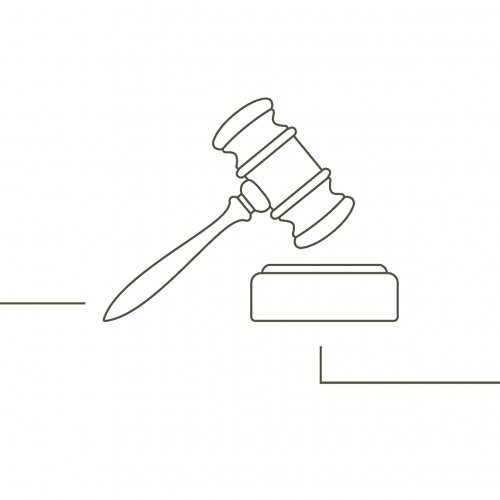Best Class Action Lawyers in Shah Alam
Share your needs with us, get contacted by law firms.
Free. Takes 2 min.
List of the best lawyers in Shah Alam, Malaysia
About Class Action Law in Shah Alam, Malaysia
Class action, also known as representative action, is a legal mechanism that allows a group of people facing similar legal issues to collectively file a lawsuit against a common defendant or defendants. In Shah Alam, Malaysia, class action law provides a means for individuals who have suffered harm or loss due to the actions of others to seek justice as a group.
Why You May Need a Lawyer
Engaging a lawyer who specializes in class action law is crucial in situations where you believe your rights have been violated, and you wish to join or initiate a class action lawsuit. Some common situations where you may require legal help in class action cases include:
- Consumer rights violations
- Product defects causing harm or loss to multiple individuals
- Environmental pollution affecting a community
- Securities fraud
- Employment discrimination cases impacting a group of individuals
Local Laws Overview
Class action law in Shah Alam, Malaysia is primarily governed by the Courts of Judicature Act 1964. Under this act, a class action may be initiated when there are multiple parties with similar claims against a common defendant, and it is not practicable for them to file individual lawsuits. The class action must also meet certain criteria set by the court, such as numerosity, commonality, and typicality.
Frequently Asked Questions
1. Can I join a class action if I have suffered harm or loss?
Yes, if you believe you have suffered harm or loss that is similar to other individuals, you can join a class action as a plaintiff and seek compensation collectively.
2. What is the advantage of filing a class action instead of an individual lawsuit?
Filing a class action allows individuals with small claims to collectively pursue legal action, as it may not be economically feasible to file individual lawsuits. It also enhances efficiency by reducing the burden on the court system.
3. How do I know if my case qualifies for a class action?
To determine if your case qualifies for a class action, you should consult with a lawyer specializing in class action law. They will assess the facts of your case and the criteria set by the court to determine if it meets the requirements for a class action.
4. What are the potential outcomes of a class action lawsuit?
If a class action is successful, the court may order the defendant to compensate the entire class of plaintiffs for their harm or loss. The court may also require the defendant to take corrective actions or implement changes to prevent similar issues in the future.
5. How long does a class action lawsuit typically take?
The duration of a class action lawsuit varies depending on the complexity of the case, the number of plaintiffs involved, and other factors. Some class actions may be resolved in months, while others can take several years to reach a resolution.
Additional Resources
For further information and assistance regarding class action in Shah Alam, Malaysia, you may find these resources helpful:
- Malaysian Bar Council: www.malaysianbar.org.my
- Legal Aid Department: www.jbglegalaid.my
- Consumer Tribunal Malaysia: www.kehakiman.gov.my/en/tribunals/ct
- Environmental Quality Department: www.doe.gov.my
Next Steps
If you require legal assistance in a class action matter, it is recommended to take the following steps:
- Consult with a lawyer specializing in class action law to discuss the details of your case.
- If your lawyer determines your case qualifies for a class action, they will guide you on filing the necessary documentation in court.
- Work closely with your lawyer throughout the class action lawsuit, providing any required information or evidence.
- Stay updated on the progress of the case and attend any court hearings or meetings as required.
- If the class action is successful, follow your lawyer's guidance on the distribution of compensation or any further actions.
Lawzana helps you find the best lawyers and law firms in Shah Alam through a curated and pre-screened list of qualified legal professionals. Our platform offers rankings and detailed profiles of attorneys and law firms, allowing you to compare based on practice areas, including Class Action, experience, and client feedback.
Each profile includes a description of the firm's areas of practice, client reviews, team members and partners, year of establishment, spoken languages, office locations, contact information, social media presence, and any published articles or resources. Most firms on our platform speak English and are experienced in both local and international legal matters.
Get a quote from top-rated law firms in Shah Alam, Malaysia — quickly, securely, and without unnecessary hassle.
Disclaimer:
The information provided on this page is for general informational purposes only and does not constitute legal advice. While we strive to ensure the accuracy and relevance of the content, legal information may change over time, and interpretations of the law can vary. You should always consult with a qualified legal professional for advice specific to your situation.
We disclaim all liability for actions taken or not taken based on the content of this page. If you believe any information is incorrect or outdated, please contact us, and we will review and update it where appropriate.
















